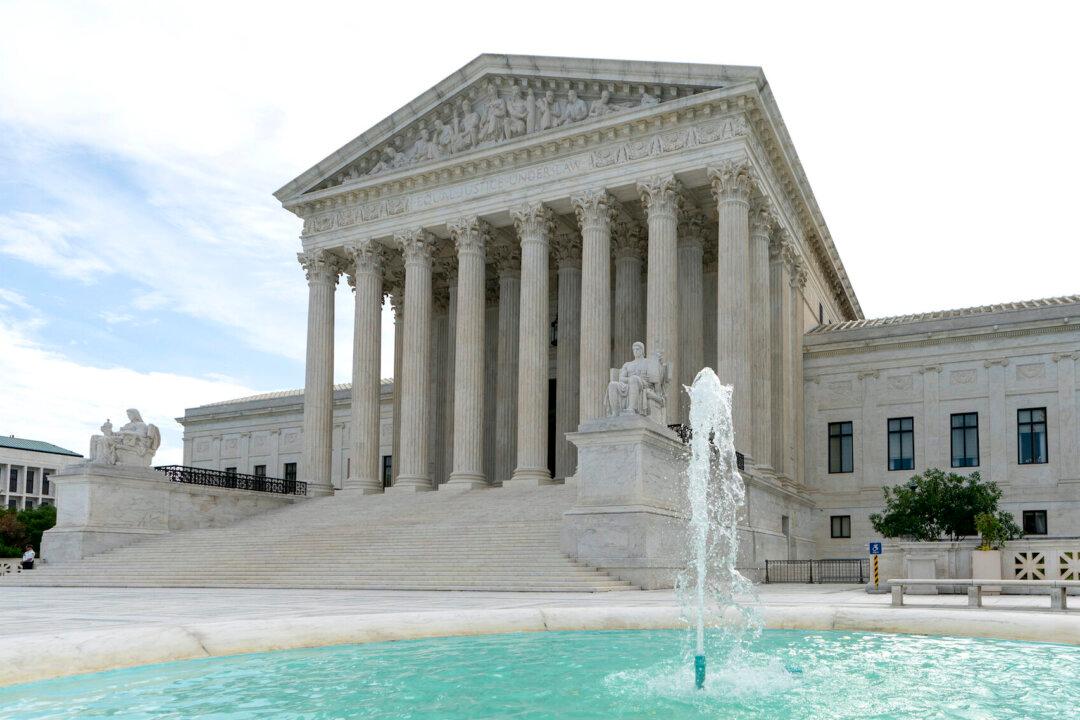President Donald Trump vowed to fight on after the Supreme Court rejected his claim that he enjoys immunity from state criminal proceedings while in office and found that a New York grand jury may continue to seek his tax records.
At the same time, the nation’s highest court blocked parallel efforts by congressional Democrats to obtain the president’s tax documents.





